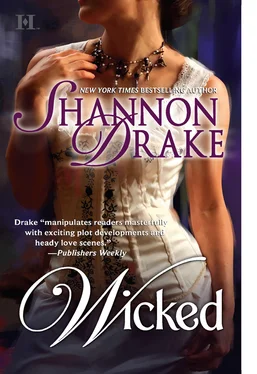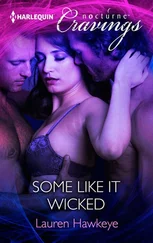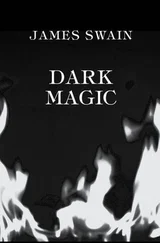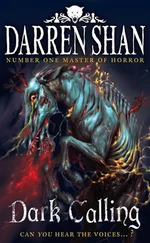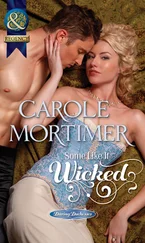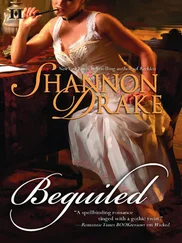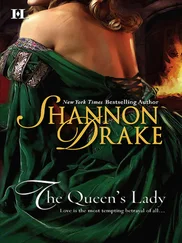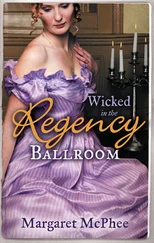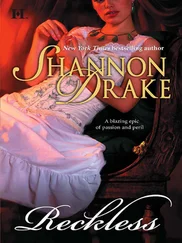The Earl of Carlyle was known to be a monster. Not just in his dealings with workmen, servants and society, but in truth. His parents, wealthy beyond comprehension through dual inheritances, had considered themselves scholars, great antiquarians and archeologists. The fervor regarding anything from ancient Egypt had taken root in their hearts, and they had lived their adult lives in Cairo. Their only child had been sent back to England for a proper education and university, but he had joined them immediately after.
Then, according to newspaper reports, the family had fallen victim to a deadly curse. They had discovered the tomb of an ancient priest, filled with precious artifacts. Among those artifacts was a canopic jar containing the heart of the priest’s most beloved concubine. The concubine was supposedly a witch. Naturally, stealing away the canopic jar cast a serious curse upon the family. It was reported that one of the Egyptian diggers began to rant, pointing to the heavens, declaring that the selfishness and cruelty in stealing the heart of another would bring about disaster. The earl and his countess merely laughed at the man, which was a serious mistake, apparently, as they died themselves quite mysteriously—and horrendously—within days.
Their son, the present earl, had been with Her Majesty’s troops, putting down insurrectionists in India at the time. Upon hearing the news, he had gone quite insane in battle and turned the tide in a skirmish in which Her Majesty’s troops had been seriously outnumbered. He had prevailed, but not without injuries so serious that he was hideously scarred. And embittered. And saddled with a family curse, as well, one so dire that, despite the fortune he had inherited, it kept him from seeking a wife during any season in London.
According to rumor, the man was beyond vile. Hideous in face and form, he was as gnarled, blackened and evil as the heart that had come to Carlyle Castle in the canopic jar.
It was said that the relic had then disappeared, and many believed that the heart had become one with that of the now evil Lord of the Castle. He simply hated everyone. A hermit living at his overgrown and massive estate, he prosecuted any trespassers—at least, those he did not shoot—to the utmost degree of the law.
This much, Camille knew. If she hadn’t read about it in the papers, she would have heard the story anyway—embellished she was certain—as it was always a subject of discussion in the Egyptian Antiquities section of the museum.
Ralph didn’t need to say another word for her heart to be filled with dread.
She remained impassive and forced her voice to an even level as she asked Ralph, “Just how did Tristan manage to run afoul of the Earl of Carlyle?”
Ralph finished his gin with a shudder, sat back and looked at Camille. “He had it in him to…well, to waylay a carriage from the north.”
Camille sucked in air, staring at him with dismay. “He meant to rob someone, like an ordinary highwayman? He might have gotten himself shot—or hanged!”
Ralph squirmed uncomfortably. “Well, you see, that wouldn’t have happened. We never got that far.”
Hurt, as well as dismay, suddenly filled her. She had a job now! A perfectly respectable job. Work that filled her with fascination and paid quite decently. She could support the two of them—and Ralph—decently, if not in the lap of luxury, without his resorting to any criminal trickery.
“Pray, tell me, what prevented the two of you from getting your fool selves killed?” she demanded.
He squirmed in the badly upholstered seat once again. “Carlyle Castle,” he said, his eyes downcast.
“Do go on!” she said.
His lashes flickered and he said defensively, “It’s because Tristan does dote on you so, Camie, that he seeks another way to set you up properly in society.”
Camille stared at him, anger growing in her heart, then dissipating. There was simply no way to explain to Ralph that she would never be a part of “society.” Perhaps her father had been a nobleman; perhaps the fellow had even married her mother in some secret ceremony. The ring she had worn had been testament to a man regarding her mother with at least enough affection to invest in a fine piece of jewelry.
The world believed that Camille was the child of a distant relative of Tristan’s, a man knighted for his gallantry in Her Majesty’s Service in the Sudan. But it wasn’t the truth. And there would never be such a thing as a socially prominent marriage, or a season or anything resembling the like. And if she pushed too hard, the truth would be discovered.
The truth was not attractive in the least. Her mother had been a prostitute; she had died in Whitechapel. Once upon a time, she had surely had dreams of a different life. But she had fallen in love and been discarded in London’s East End, disinherited and penniless. Whoever Camille’s father was, he had long disappeared by the time she was nine years old. And Tess Jardinelle died in the same streets she had worked. If Tristan hadn’t come along that day…
“Ralph,” she said with a heavy sigh, “please, just explain.”
“The gates were ajar,” he said simply.
“They were ajar?” she demanded.
“All right…they were locked. But there is a break in the wall, and it seemed quite tempting to an adventurer such as Tristan.”
“Adventurer!”
Ralph flushed but did not revise his adjective. “There were no dogs about. It was early evening. There are stories about the wolves that prowl the forest, but you know Tristan. He thought that we should just venture in.”
“I see. Just to enjoy the grounds and the moonlight?”
Ralph shrugged uncomfortably. “All right. Tristan believed there might be some trinket…just to be found on the ground, which might fetch a fortune if sold to the right people, in the right places. That’s all. It was nothing heinous or evil. He believed he might find something that wouldn’t even be missed by one so great as the Earl of Carlyle, and that might still bring about a great deal of money when sold—properly.”
“Black market!”
“He wants the best for you. And there is that young man at the museum who has shown such an interest!”
Camille could not help but roll her eyes. He was referring to Sir Hunter MacDonald, a “consultant” to Lord David Wimbly and the titular head of the Antiquities section, due to his experience at Egyptian digs and, no doubt, the vast amounts of money he had contributed to the museum.
Hunter was attractive. He was quite dashing, really. And he’d earned his knighthood in the service, as well. Tall, charming, well-spoken and broad shouldered. Yet, though she did enjoy his company, she was careful. Despite his allure, his continued flattery and attempts at something closer, she never forgot the circumstances of her birth. Many times she had imagined her mother, alone and beautiful, trusting in just such a man, her heart outweighing and denying all logic and reality.
She knew Hunter was interested in her, but there was no future there. No matter what his compliments and kind words, she was certain that she was not the type such a man would bring home to his mama.
In her life, she would accept no less than a real commitment. There could be no such thing as falling head over heels in love, or letting passion rule her mind. And Camille meant to keep her pride, dignity—and position—at all costs. The thought of losing her employment at the museum was one she refused to entertain, and it was why she was determined to be so careful now.
“I want no young man, Ralph, who is not interested in me for myself.”
“That’s well and good, Camille. But we are living in a society that seeks pedigrees and riches.”
She nearly groaned aloud. “A record of arrest and time served, or a guardian with an address such as Newgate, would not give me riches or a pedigree, Ralph.”
Читать дальше
